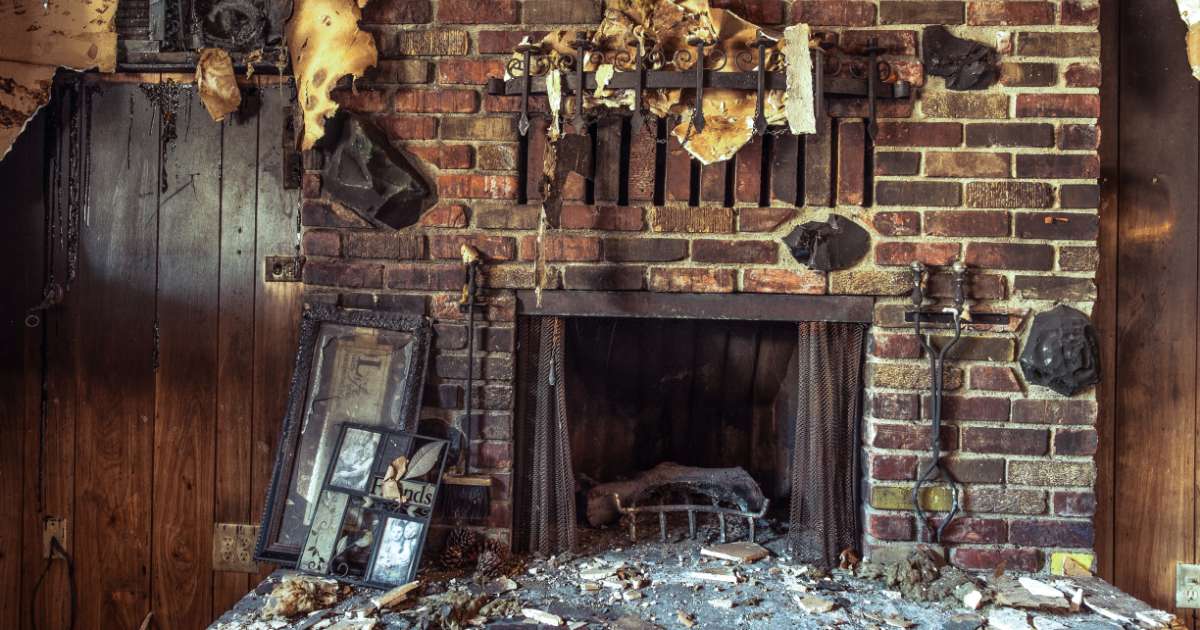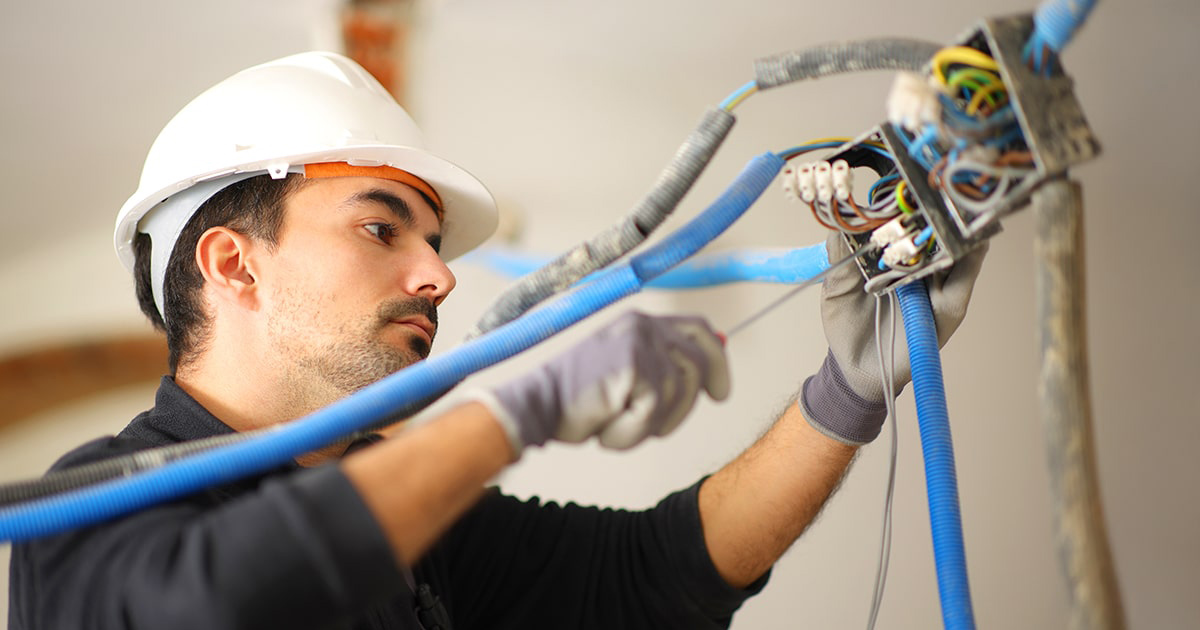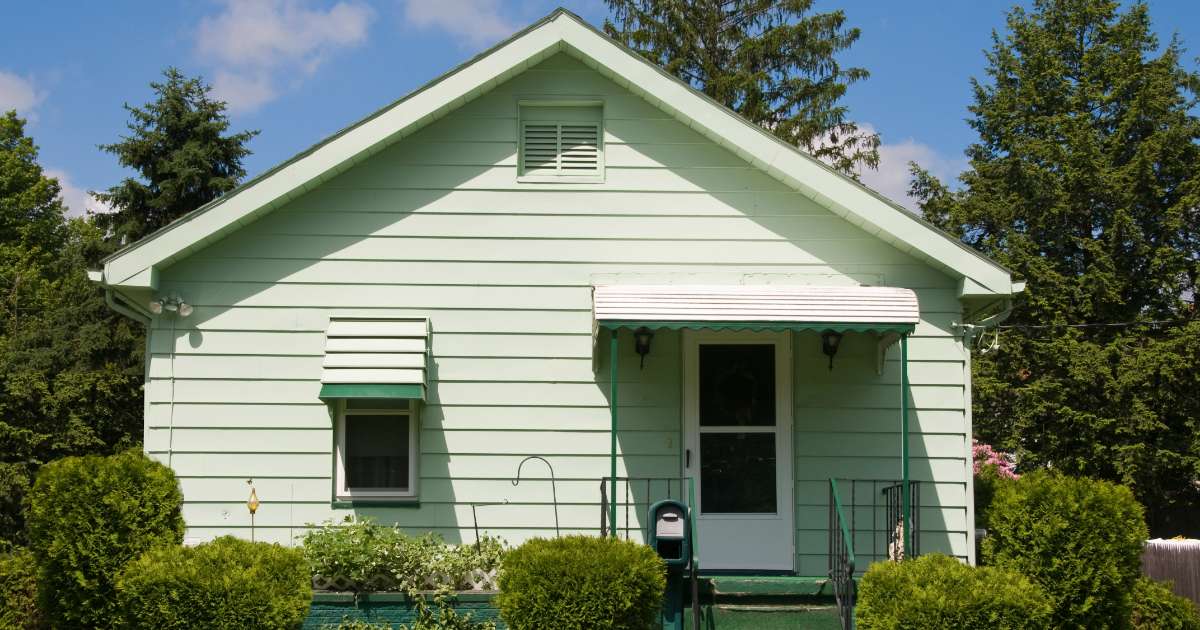Selling a home can be a tough job, and unpermitted work can make it even harder. Having unpermitted repairs and renovations can lower your property’s value, result in legal complications, and turn away buyers. Nonetheless, there are ways to manage these challenges and make a successful sale.
In this guide, we’ll explain unpermitted work, the ways it can affect your sale, and what you can do about it. Whether you repair the issues or sell a house with unpermitted work “as is,” you always have options.

What is unpermitted work?
Unpermitted work is any construction or renovation done without obtaining required permits. Common projects requiring permits include:
- Installing or replacing skylights
- Expanding kitchens or creating open floor plans
- Building water features like fountains and swimming pools
- Upgrading electrical circuits for heavy appliances
Unpermitted work can affect homeowners in three main ways:
- Safety risks: The homeowner could create safety risks like fire hazards or may unintentionally block emergency vehicle access.
- Financial penalties: Homeowners may face fines for unapproved projects, or lawsuits if unpermitted alterations affect a neighbor or a tenant.
- Insurance issues: Damage caused by improper installations may not be covered by insurance.
Securing permits ensures that your community’s zoning, construction, and land use standards will be maintained, protecting both the homeowner and their neighborhood.
Understanding code violations
Building codes for Saint Louis can be found on city websites. Building code information for most Missouri and Illinois communities can be found online as well.
The majority of local building codes are based on model codes, like the Uniform Plumbing Code and the International Fire Code. These codes are frequently amended by city and county ordinances. Some communities have local energy and environmental codes, while others do not.
Changes in building codes can be hard for homeowners to keep up with. For example, homes built between the late seventies and early nineties may have Poly-B plumbing pipes. These pipes are no longer up to code, and new work will have to use different materials. Older work can sometimes be “grandfathered in” because it was up to code once. Unpermitted work may be harder to grandfather in.
Homeowners associations (HOAs) in Missouri and Illinois can also create rules for homeowners. HOAs can set a variety of neighborhood guidelines and should be consulted before making major changes.
Common unpermitted work and code violations
Unpermitted renovations in St. Louis can create complications during a home sale. Example violations include:
- Home additions that fail safety and building standards
- Incorrectly installed HVAC or plumbing systems
- Roof replacements that do not pass inspections
- Decks or fences that cross property lines
- Changes to historic homes that violate preservation rules
Is it legal to sell a house with unpermitted work?
Missouri law permits you to sell with unpermitted work, but you have to be transparent with prospective buyers about it. Failure to do so can get you sued.
How unpermitted work can affect your home sale
Properties with unpermitted work are typically less appealing to buyers. The buyer may not be able to obtain financing and may have problems of their own if they eventually choose to sell.
Similarly, unpermitted work can cause homeowner claims to be denied. Let’s say you do an unpermitted upstairs attic conversion, complete with a half-bath. If the pipe to your bathroom sink bursts, your insurance company may choose to deny your claim. In some cases, unpermitted work can also result in your homeowners insurance policy being cancelled.
What are your options if you’re selling a house with unpermitted work?
Here are some ways you can handle unpermitted work:
- Seek retroactive approval: Applying for a retroactive permit can be an effective way to deal with unpermitted work. Inspectors may request additional repairs to meet current standards or approve the unpermitted work. Retroactive permits can be more expensive than standard ones.
- Fix and permit the work: Getting the work repaired and permitted is the most direct approach to fixing the problem. Small violations, such as non-compliant outlets, may be affordable, while large-scale repairs, such as an unpermitted swimming pool, can be costlier.
- Sell “as is”: You can sell without fixing the issue. Selling to an off-market buyer in the St. Louis area might result in an easy closing, or you can find a traditional buyer who can handle a fixer-upper.
- Credit the buyer: Offering a credit at closing allows the buyer to fix the problem when they are ready to do so.
Common mistakes when selling a house with unpermitted work
Here are some common things to avoid when selling “as is” with unpermitted work:
- Not disclosing problems: While some sellers may be tempted to change the subject when unpermitted work comes up, transparency is the best way to protect yourself from surprises during inspection or legal problems later on.
- Underestimating repair or permit costs: Resolving house problems can be expensive, especially when it involves fixing large projects.
- Making unpermitted updates when getting ready to sell: More unpermitted work creates more potential problems for the seller.
- Not getting outside help: A St. Louis engineer, contractor, or real estate professional might have valuable advice on what to fix and what to skip.
We Buy Ugly Houses® buys properties with unpermitted work.
Don’t let unpermitted work and other code violations stand in your way. We Buy Ugly Houses® buys houses in Saint Louis and surrounding areas. We buy houses “as is,” which means you don’t have to bother with permits or repairs at all.
Before you get a permit at City Hall, give We Buy Ugly Houses a call!
This blog is for informational purposes only and should not be considered legal advice.














